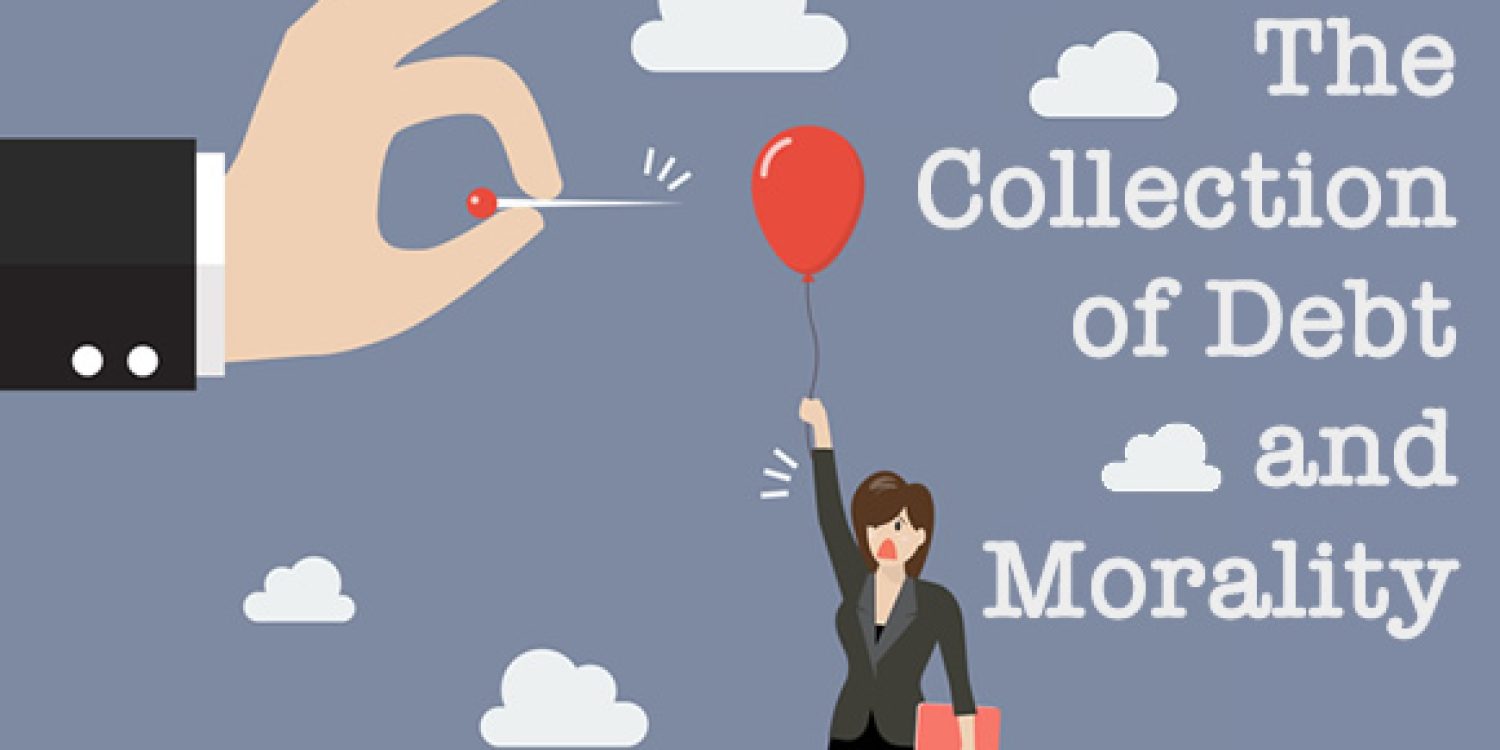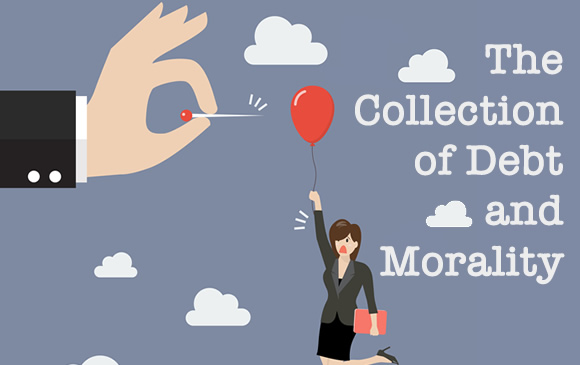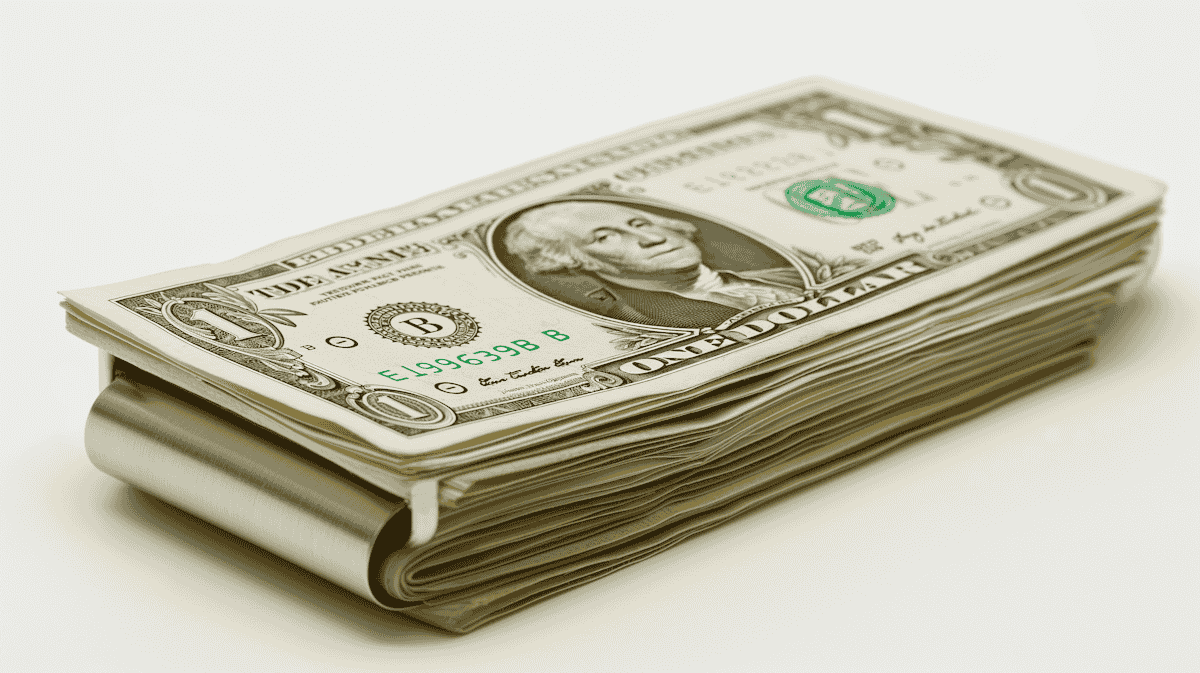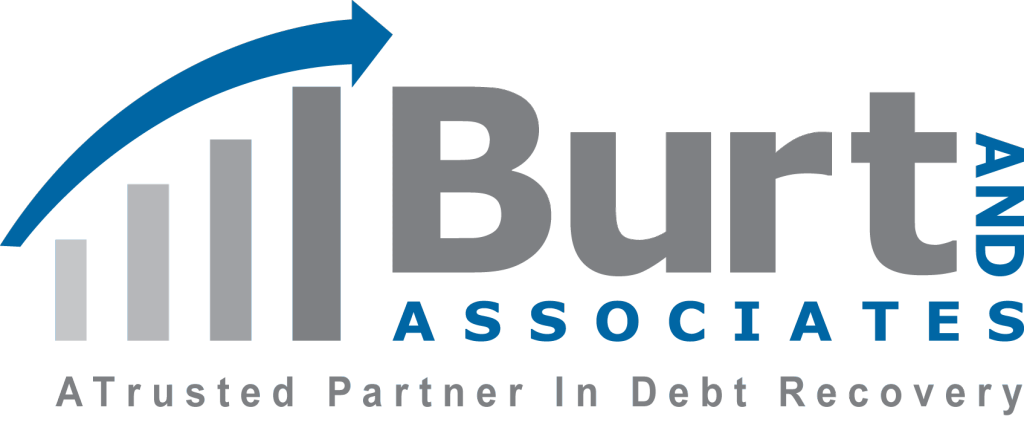The Collection of Debt and Morality Part 2
Part 1 of 3 The Collection of Debt and Morality: The legitimacy of private debt collection agencies and the problem with big government.
The rise in American consumer and commercial debt has been accompanied by a great increase in complaints about aggressive and sometimes immoral tactics by lenders and debt collection agencies, a trend that has government regulators and consumer watchdog agencies increasingly concerned.
Over time, evidence and examples have been continually presented to members of Congress and the media regarding abusive, deceptive, and unfair lending and debt collection practices by many banking institutions and debt collectors.
One of the most recent and egregious occurrences is the shocking Wells Fargo credit card scandal that resulted in 5,300 employees terminated; Tyler Durden over at ZeroHedge.com writes:
“Wells Fargo was fined $185 million, (including a $100 million penalty from the Consumer Financial Protection Bureau, the largest penalty the agency has ever issued) for engaging in pervasive fraud over the years which included opening credit cards secretly without a customer’s consent, creating fake email accounts to sign up customers for online banking services, and forcing customers to accumulate late fees on accounts they never even knew they had. Regulators said such illegal sales practices had been going on since at least 2011.
In all, Wells opened 1.5 million bank accounts and “applied” for 565,000 credit cards that were not authorized by their customers.
Wells Fargo told to CNN that it had fired 5,300 employees related to the shady behavior over the last few years. The firings represent about 1% of its workforce and took place over several years. The fired workers went so far as to create phony PIN numbers and fake email addresses to enroll customers in online banking services, the CFPB said.
How Wells perpetrated fraud is that its employees moved funds from customers’ existing accounts into newly-created accounts without their knowledge or consent, regulators say. The CFPB described this practice as “widespread” and led to customers being charged for insufficient funds or overdraft fees, because the money was not in their original accounts. Additionally, Wells Fargo employees also submitted applications for 565,443 credit card accounts without their knowledge or consent, the CFPB said the analysis found. Many customers who had unauthorized credit cards opened in their names were hit by annual fees, interest charges and other fees.”
History has proven that without discipline, accountability and oversight, a child, an adult, a group of adults, or an institutional entity will progressively increase or exert his, her, or its power over time, even if some laws or rules restrict those powers. It’s one of the core understandings of human behavior, and that’s why seemingly every parent teaches their child The Golden Rule: “do unto others as you would have them do to you.”

One of the attractions of U.S. currency is that it is perceived to be the safest money in the world. Depositors and borrowers that conduct business with the government and private financial institutions must be able to trust them. The responsibility is on them to make this possible. Otherwise, consumer confidence in the current financial systems will fail. Individuals who possess U.S. currency as an asset must have reason to believe it will retain a stable value and be an adequate medium of exchange rather than a source of liability and unpredictable risk.
Understanding that abusive lending and debt collection practices (by government and private institutions) contribute to many issues: the erosion of confidence in the dollar, the number of personal bankruptcies, marital instability, job losses, business failures, invasions of privacy, and violations of property rights, we have to consider the impact on our future and country seriously. How does it affect our freedoms and liberties?
The details are complicated. But the simple answer is… It harms us all.
 Many in America can agree that Government, especially the federal government, has exceeded its constitutional limits. In the absence of genuine accountability, the federal government has progressed into increasing malfeasance, misfeasance, misappropriation of funds, graft (bribery/payola), usury, cronyism, nepotism, corruption, racketeering, double-dealing, collusion, coercion, and improper or illicit personal behavior. It is no longer a case of limiting government. It has now become a matter of what government wants to do without limits. No limits on power are the ingredients for corruption, racketeering, and eventually oppression.
Many in America can agree that Government, especially the federal government, has exceeded its constitutional limits. In the absence of genuine accountability, the federal government has progressed into increasing malfeasance, misfeasance, misappropriation of funds, graft (bribery/payola), usury, cronyism, nepotism, corruption, racketeering, double-dealing, collusion, coercion, and improper or illicit personal behavior. It is no longer a case of limiting government. It has now become a matter of what government wants to do without limits. No limits on power are the ingredients for corruption, racketeering, and eventually oppression.
Consider the $1.1 Trillion, 1,600-page Omnibus Bill, passed by the House and Senate in December of 2014 and signed by the President as a prime example. Most Americans have no idea what was in the bill when it passed and still don’t know. Just like the almost $1 Trillion Stimulus Bill passed by in 2010, the 2014 Omnibus Bill is so full of pork and special favors for special interest groups it is an offense to every American and an assault on their wealth and constitutional rights. Additionally, it is estimated that government wastes up to 20% of its budget (taxpayer dollars) to fraud and abuse according to Malcolm Sparrow at Harvard University. In the case of the 2014 Omnibus Bill, that would amount to $220,000,000,000.
Right now, many feel as if Racketeering is the new economic growth model for big business and government.
Some might argue that Capitalism is dead, Cronyism killed it with the Government choosing winners and losers through ‘too big to fail’ interventionism, ‘bail-outs’ for big business, unchecked monetary expansion through quantitative easing, and regulations that increase in scope and costs but rarely protect consumers or small businesses.
Think of the presidential candidates what you may, but the 2016 election choices are a direct result of these types of events and trends. Americans are tired of being abused by corrupt big business and even more corrupt big government.
At Burt and Associates, we believe in moral and ethical means for collecting debts. We seek to recover our client’s private property and only collect what is owed by the borrower. We promise to correct errors as quickly as possible and to seek out the best interests of our clients actively. We call upon those in our industry, for the good of society, it is imperative that lenders and debt collectors both private and government, be moral and ethical in their practices.
If you want an upstanding representative on your side and have debt collection needs, or maybe you want a better understanding of how you can recover assets owed to you, please contact us through our website, email, or by phone. Our representatives would gladly speak with you today.
Commercial Collection Topics
- The Collection of Debt and Morality Part 2 Part 2 of 3 The Collection of Debt and Morality: The legitimacy of private debt collection agencies and the problem...
- The Collection of Debt and Morality Part 3 Part 3 of 3 The Collection of Debt and Morality: The legitimacy of private debt collection agencies and the problem...
- Agencies Specialize in Consumer or Commercial Debt Why Most Collection Agencies Specialize in either Consumer or Commercial Debt Collection. It seems collection agencies are doing much the...
- Tax Debt Collection and You As a taxpayer, you can protect yourself from shady debt collecting practices by being aware of your debt situation. Private...










